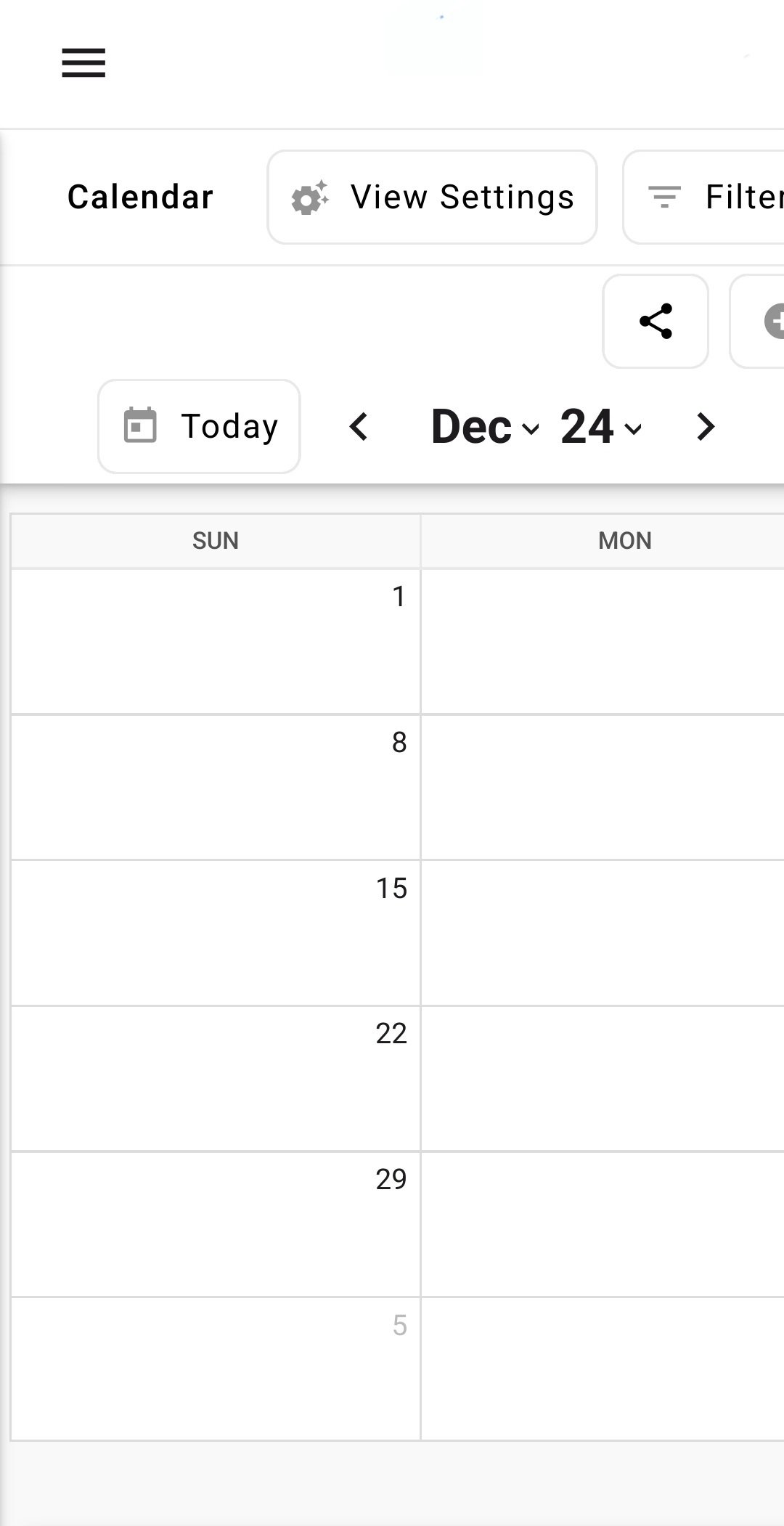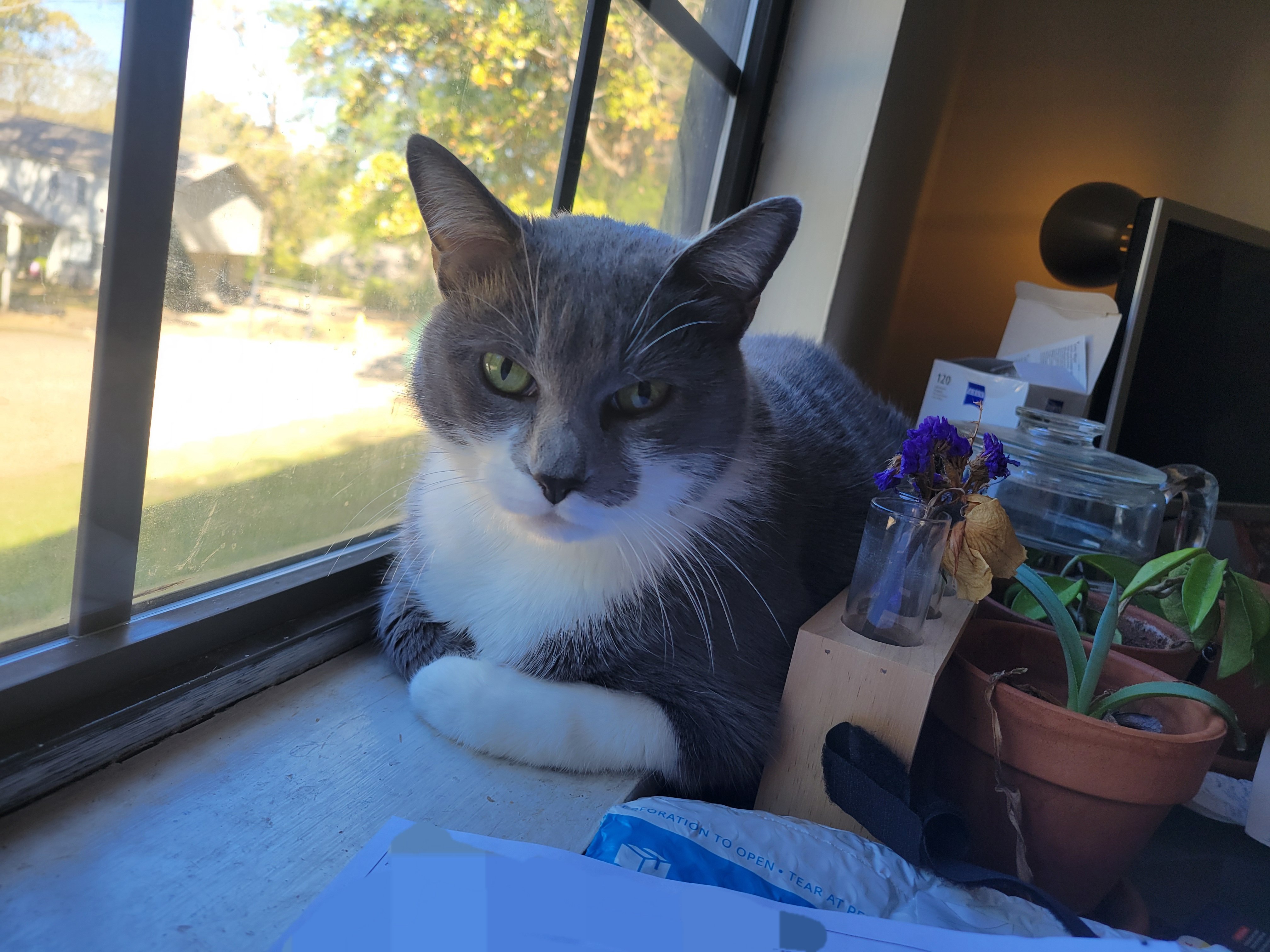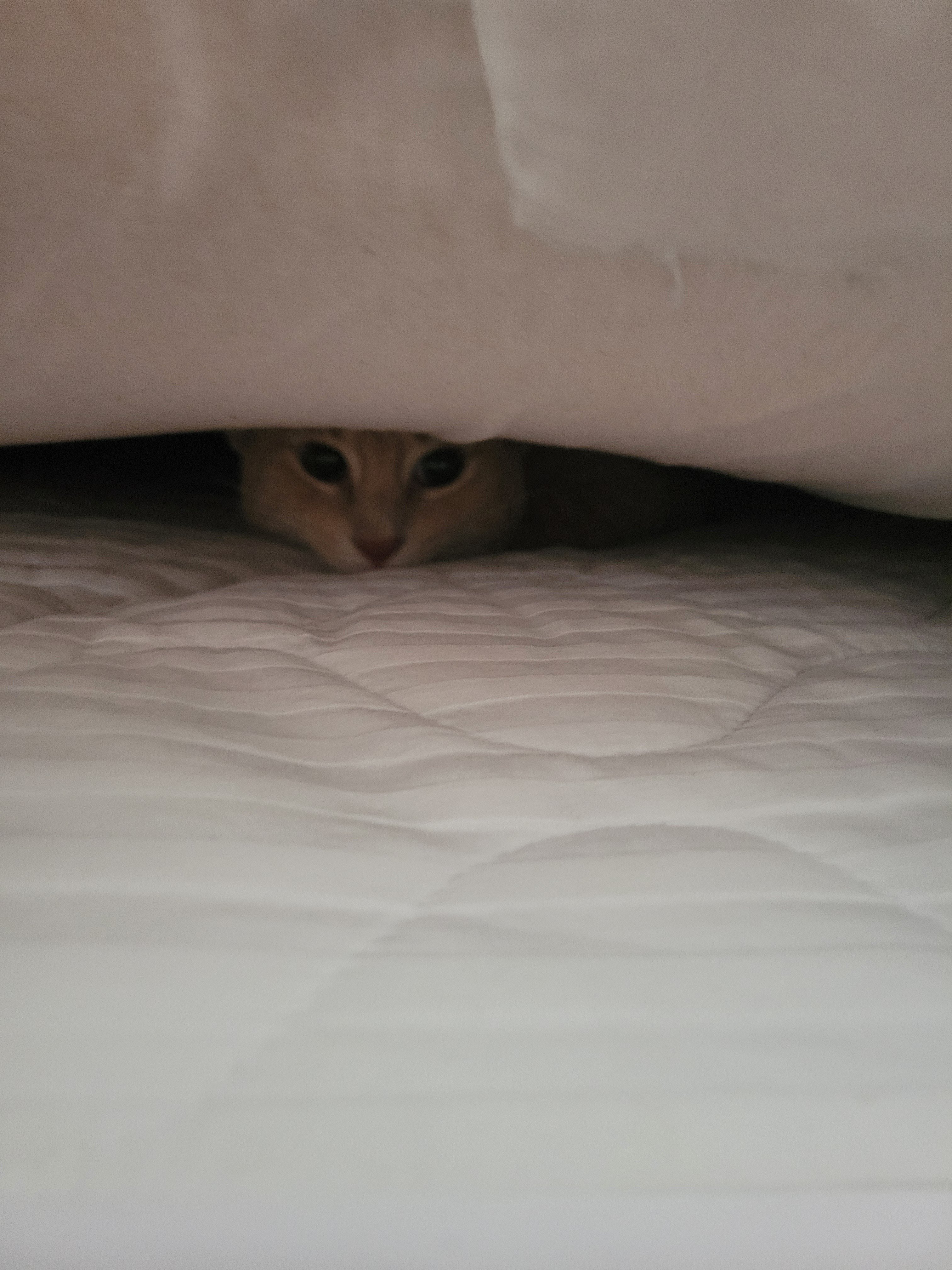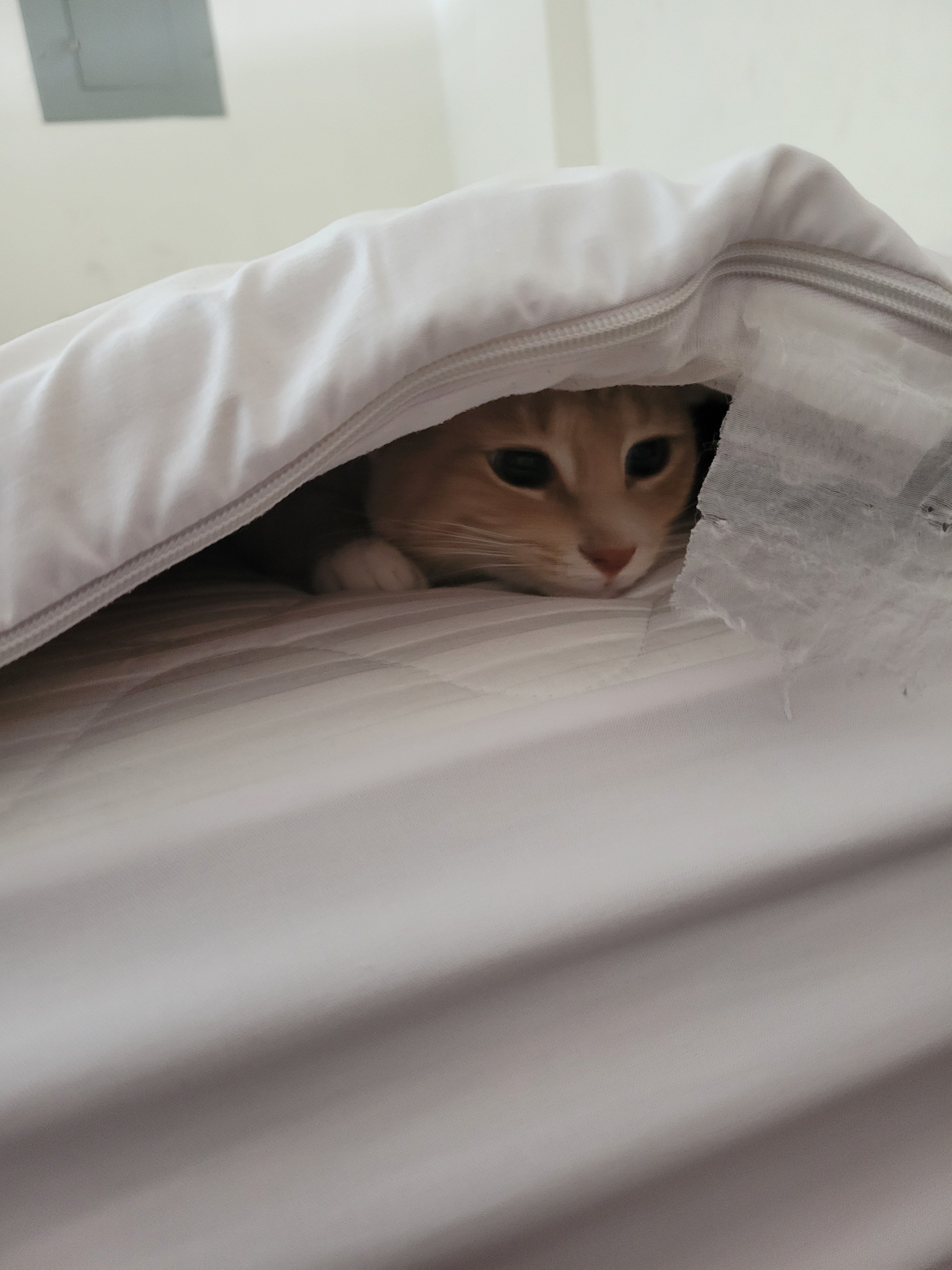You might be interested in Zygmunt Bauman's analysis in his book Modernity and the Holocaust
From the linked wiki summary:
"Rather, he argued, the Holocaust should be seen as deeply connected to modernity and its order-making efforts. Procedural rationality, the division of labour into smaller and smaller tasks, the taxonomic categorisation of different species, and the tendency to view obedience to rules as morally good, all played their role in the Holocaust coming to pass."
A sociologist friend broke it down for me a long time ago, and, basically, rationalizing everything into a number helped to dehumanize people and paved the way for Nazi atrocities.
That said, I don't think "technology" on its own is fascist
technology itself is dependent on how people use it, as others in this thread have pointed to the existence of FOSS as a foil to the use of technology as a method of control by those with power.





Lmao I really wouldn't mind, and it would maybe give my boss the extra push to enable export to Google calendar where the rest of my life resides, like the business I work for used to use before we switched to this "holistic solution" specific to the industry.
That said, the help desk has been all too kind listening to my unhinged ravings.